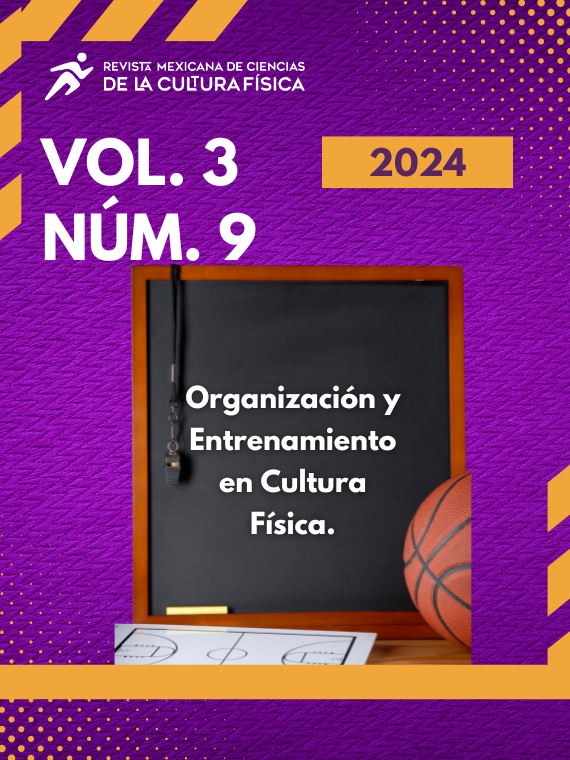Análisis comparativo de estructuras competitivas y aspectos sistemáticos en las mejores ligas de futbol mundial
DOI:
https://doi.org/10.54167/rmccf.v9i3.1555Keywords:
Elite soccer, systematic aspects, organizational structure, confederations.Abstract
This descriptive and comparative study examines the organizational structure and systematic aspects of the main world football confederations, along with the most relevant achievements in first division, confederation and world club championships. Using data from the International Federation of Football History & Statistics (IFFHS) ranking, the most notable leagues were selected and analyzed, considering the two most successful teams per league and three teams for the AFC, OFC and CAF leagues, which participate in a single tournament. The official pages of each confederation (CONCACAF, UEFA, CONMEBOL, CAF, AFC and OFC) were investigated, evaluating aspects such as organizational structure, leagues and levels of competition, development of players and referees, and socio-cultural impact and participation in world competitions. . The results, presented in tables, highlight the dominance of the European leagues, especially the Spanish League and the English Premier League, in terms of national championships and international successes. UEFA leagues are characterized by open competition systems with promotion and relegation, high investment and development of local talent, contributing to a high level of competition. In contrast, other confederations face limitations in resources and structure, affecting their global competitiveness. This analysis reveals the differences in organizational structures and systematic aspects, providing a comprehensive view of world football and highlighting European hegemony in terms of organization, investment and success in international competitions.
Downloads
References
Andreff, W. y Staudohar, P. (2000). The Evolving European Model of Professional Sports Finance. Journal of Sports Economics, 1, 257-276. https://doi.org/10.1177/152700250000100304
Asian Football Confederation (AFC). (2024). ABOUT AFC. https://www.the-afc.com/en/about_afc/about_afc/overview.html
Åslund, A. (2011). [No Precedent, No Plan: Inside Russia's 1998 Default, Martin Gilman]. Journal of Economic Literature, 49(4), 1307-1308
Brito, X. y Vayas, S. (2022). Geopolítica del fútbol: sobre la globalización del balón. ACADEMO Revista de Investigación en Ciencias Sociales y Humanidades, 9(1), 103-112
Campos, M., Hurtado, C. y Casillas, M. (2020). La identidad de los equipos de fútbol mexicanos a través de sus identificadores gráficos y su influencia en la cultura mexicana. Cuadernos del Centro de Estudios de Diseño y Comunicación(101). https://doi.org/10.18682/cdc.vi101.4084
CONCACAF. (2024). Quienes somos. https://www.google.com/url?sa=t&source=web&rct=j&opi=89978449&url=https://www.concacaf.com/es/&ved=2ahUKEwiYjvL7nq-GAxXeO0QIHT42DPwQFnoECBoQAQ&usg=AOvVaw3WwsC8Z5-ZKdqjaxaPcsE2
Confédération Africaine de Football (CAF). (2024). Insidecaf. https://www.cafonline.com/
CONMEBOL. (2024). Institución. https://www.conmebol.com/la-institucion/
Darby, P. (2002). Africa, Football, and FIFA: Politics, Colonialism, and Resistance. F. Cass.
Eisenberg, C. (2006). Fußball als globales Phänomen. . Der Bürger im Staat, 56(1), 14-19
El espejo del poder. (2024). El impacto de la Liga MX en el fútbol internacional. El espejo del poder.
FIFA. (2021). El Futuro del Fútbol. Retrieved from 71.er Congreso de la FIFA, Zúrich, Suiza: https://publications.fifa.com/es/annual-report-2021/2021-at-a-glance/the-future-of-football/
FIFA. (2022). INSIDEFIFA. https://inside.fifa.com/es/about-fifa/associations
FIFA. (2024). FIFA President’s Address. Retrieved from 74. Congreso de la FIFA, Bangkok: https://digitalhub.fifa.com/m/2e14834266d0ff3a/original/74th-FIFA-Congress-FIFA-President-s-Address.pdf
Gammelsæter, H. y Senaux, B. (2011). The Organisation and Governance of Top Football Across Europe: An Institutional Perspective Routledge.
Giulianotti, R. y Robertson, R. (2005). The globalization of football: A study in the glocalization of the 'serious life'. The British journal of sociology, 55, 545-568. https://doi.org/10.1111/j.1468-4446.2004.00037.x
International Federation of Football History & Statistics [IFFHS]. (2023). IFFHS MEN'S STRONGEST NATIONAL LEAGUE IN THE WORLD 2022. https://iffhs.com/posts/2483
Kotwal, A., Ramaswami, B. y Wadhwa, W. (2011). Economic Liberalization and Indian Economic Growth: What's the Evidence? Journal of Economic Literature, 49(4), 1152-1199
Kuper, S. y Szymanski, S. (2018). Soccernomics: Why England Loses, Why Germany and Brazil Win, and Why the U.S., Japan, Australia, Turkey -- and Even Iraq -- Are Destined to Become the Kings of the World's Most Popular Sport. PublicAffairs.
López-Busto, A., García-Unanue, J., Gómez-González, C., Barajas, Á. y Gallardo Guerrero, L. (2016). Incidencia de los resultados deportivos, las variables económicas y administrativas en el rendimiento financiero de los clubes de fútbol. Cultura, Ciencia y Deporte, 11(33), 185-195
Oceania Football Confederation(OFC). (2024). What OFC does. https://www.oceaniafootball.com/about-ofc/
Onefootbal. (2024). La dura realidad interna en las selecciones de CONCACAF. https://onefootball.com/es/noticias/la-dura-realidad-interna-en-las-selecciones-de-concacaf-39241498
Perez, I. (2013). Sin recursos, los negocios ilícitos rondan Concacaf. El Economista. Retrieved from https://www.eleconomista.com.mx/deportes/Sin-recursos-los-negocios-ilicitos-rondan-Concacaf-20130417-0089.html
Perez, I. (2015). Desigualdad, un problema ‘millonario’ en la Concachampions. FORBES, México. Retrieved from https://www.forbes.com.mx/desigualdad-un-problema-millonario-en-la-concachampions/?__cf_chl_tk=b33rJMmuhteSp.fmhlWo0DEntW..eCxL3LBuJalogLo-1716569483-0.0.1.1-1813
Ramírez, M. (2018). Impacto de los eventos deportivos. Análisis de la UEFA Champions League. Universidad de Valladolid.
Relvas, H., Littlewood, M., Nesti, M., Gilbourne, D. y Richardson, D. (2010). Organizational Structures and Working Practices in Elite European Professional Football Clubs: Understanding the Relationship between Youth and Professional Domains. European Sport Management Quarterly, 10, 165-187. https://doi.org/10.1080/16184740903559891
Robertson, R. y Giulianotti, R. (2006). Fútbol, Globalización y Glocalización. Revista Internacional de Sociología, 64(45), 9-35. https://doi.org/10.3989/ris.2006.i45.14
Rojas, C. (2019). En medio de escándalos de corrupción, arrancó la Copa Africana de Naciones. France 24. Retrieved from https://www.france24.com/es/20190622-corrupcion-caf-copa-africana-naciones
Rojas, M. (2024). México es un espejismo en Concacaf. El economista. Retrieved from https://www.eleconomista.com.mx/deportes/Mexico-es-un-espejismo-en-Concacaf-20230621-0016.html
Sarmento, H., Anguera, M. T., Pereira, A. y Araújo, D. (2018). Talent Identification and Development in Male Football: A Systematic Review. Sports Med, 48(4), 907-931. https://doi.org/10.1007/s40279-017-0851-7
Szymanski, S. y Kuypers, T. (1999). Winners and Losers. Viking.
UEFA. (2024). Nuevo formato de la Champions League 2024/25: todo lo que necesitas saber. https://es.uefa.com/uefachampionsleague/news/0268-12158c19c9c2-ba0cfd7b7601-1000--nuevo-formato-de-la-champions-league-2024-25-todo-lo-que-/
Vázquez, F. (2021). El Economista. Retrieved from https://www.eleconomista.com.mx/deportes/Sin-recursos-los-negocios-ilicitos-rondan-Concacaf-20130417-0089.html
Velazquez, G. (2021). El último ejemplo de pobreza en la Concacaf. EL UNIVERSAL. Retrieved from https://www.eluniversal.com.mx/opinion/gerardo-velazquez-de-leon/el-ultimo-ejemplo-de-pobreza-en-la-concacaf/
Downloads
Published
How to Cite
-
Abstract131
-
PDF (Español)77
Issue
Section
License
Copyright (c) 2024 Giovani Javier Mendez Barba, Juan Cristóbal Barrón Luján, Silvia Isela Ramirez Enriquez, Omar Ricardo Ortiz Gómez, Gilberto Santo Sambrano, Julio Cesar Guedea Delgado

This work is licensed under a Creative Commons Attribution-NonCommercial 4.0 International License.













